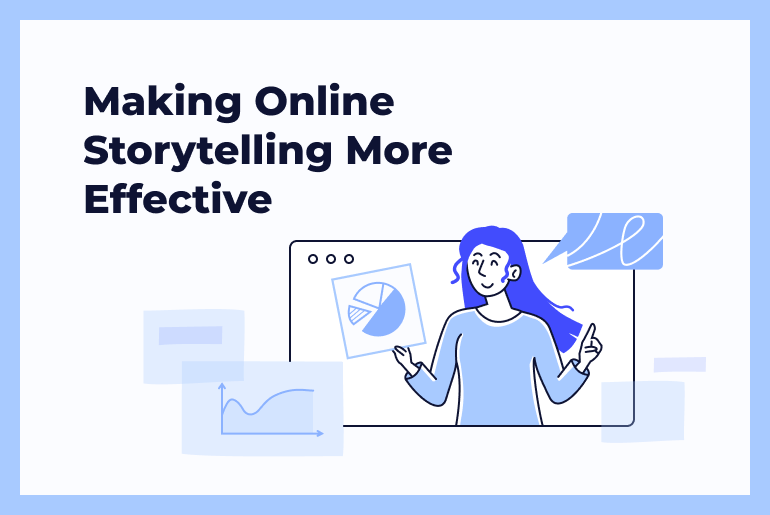You have heard of the Millennial Generation, or perhaps you are more familiar with the many other labels attached to this generation of children born between 1981 and 1999. Sometimes referred to as Digital Natives, Generation Y, Generation Me, the Baby Boom Echo Generation, Nexters, they are all the youngsters who are making up the bulk of our classrooms, and our colleges.
And they are different from the preceding generations: they behave differently; have different preferences and different attitudes than previous generation. As educators, we have to tap into an understanding of these learners to do be successful.
The Millennial Generation has been well studied:
- They are rather unique, the first to grow up in the digital age.
- They are also the ones who have grown up with different parents and child rearing practices than previous generations.
- Young people of era are very central to their parent’s lives and have been throughout their young existence.
- Many are indulged, pampered and have had few opportunities to be independent.
- They are accustomed to adults showing a great deal of interest in many aspects of their life.
They have a degree of expectation that their teachers and professors will continue with this personal connection. Some educators may struggle with this. But Millennials want to perceive that there is a rapport with their teachers, and some support.
[Tweet “Today’s learners are far more “laid back” in their approach to learning”]
They want a more relaxed learning environment and educators who provide this approach. They have the mobility and access of technology practically anywhere, so to them a classroom can be a lounge, a coffee shop, a workplace, anywhere as long as minds can come together to be collaborative and productive. Apply this to your own teaching space as an educator. They embrace teaching styles that involve less lecturing, the use of multimedia (which they are so adept with) more interactions with other learners and real world experiences and applications.
As a teacher, prepare yourself to explore a wide variety of fun and effective teaching methods, especially new ones:
- Try to include more experiential and exploratory styles as these kids are more adept at this approach to covering material.
- Use active learning approaches for participation.
- Look for opportunities such as community service where their volunteer efforts have value and the work is more transformational for the participant.
Christy Price, a professor of psychology at Dalton State College found that millennial learners exude a gap between their “expectations for success and the effort they put forth in the classroom.” Analysis was conducted to better summarize what millennial learners consider their ideal learning environments, teacher, assignments, and assessments. Her findings included a need for employing active learning methods that are research-based and relevant to the students. Students want to apply the knowledge they can so easily Google, and have learning outcomes less based on having information but more on what to do with it. These findings make teachers have to restructure their lessons towards this goal.
Millennials were raised in a culture with less authority. If teachers can ensure their course policies are backed up with strong rationale for specific assignments, criteria is more likely to be met. Millennials are as easily accepting of a chain of command. Student learning outcomes are more powerful with this generation. Getting students to achieve learning outcomes is still the greatest challenge for teachers.
Millennials are empowered. They know that social media has a big impact on commerce, justice and public opinion. Only look to public shaming, crowdfunding and online marketing to see that this power is useful. Generations before may have staged sit-ins, walked protests and started anti-bullying campaigns, but never with the instant global presence the millennials have.
So where will this lead? Our youngest of teachers in the field are millennials. In a few years, some will start to move into administrative positions. They will bring a new perspective and better understanding of working with policies for this generation, because they are a part of it. Until then, teachers who are from the digital immigrant group, the ones born before the digital age, have a lot of learning and catching up to do.
[Tweet “Engaging the #MillennialLearner begins with tuning in “]
Be as knowledgeable about technology as they are. Accept that all information is instant and new information spreads quickly.
Share the tips on how to teach and engage the Millennial generation on Twitter or Facebook by using the super-easy share buttons on the left.





